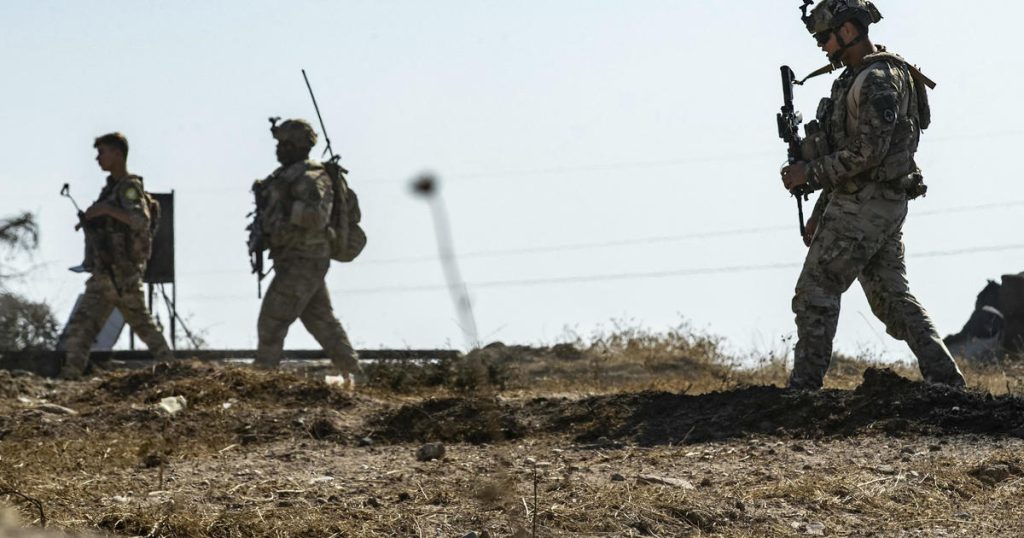The similarities and differences in the long-term armed forces strategy between former President Donald Trump and President Biden are discussed, with a focus on the stark differences in views on the military’s role between Harris and Trump in the run-up to the 2024 election. Trump has a policy record and views on the military due to his time as commander-in-chief, but it is warned that a second Trump administration could look different from the first due to clashes with former advisers. In contrast, Harris does not have a background that clearly illuminates her views on the role of the active-duty military, but it is likely that a Harris administration would follow the norms set by previous presidents and the national defense strategy under President Biden.
The Biden-Harris administration has committed to supporting Ukraine with military assistance but has drawn the line at providing U.S. troops on the ground. In contrast, Trump has claimed that Putin would not have invaded Ukraine while he was president and has stated without providing a plan that he could end the war in a day. The administration has also reaffirmed support for NATO, with Harris reiterating the U.S. commitment to the alliance at the Munich Security Conference. In contrast, Trump has criticized NATO members for not paying enough for their own defense and has suggested that Russia could act freely if members do not increase their defense spending.
In terms of relations with Israel and the Middle East, Harris has called the U.S.-Israel relationship an important alliance but has also emphasized the need for Israel to prevent civilian casualties in its operations. The administration has paused certain arms shipments in response to offensive operations by Israel. Trump, on the other hand, has described himself as a protector of Israel and has called for a quick end to conflicts in the region while supporting Israel’s right to defend itself. Regarding China and Taiwan, Biden has expressed support for Taiwan’s defense in the event of a Chinese invasion, while Harris has maintained the official U.S. policy of strategic ambiguity. Trump has avoided questions on U.S. aid to Taiwan and has suggested that Taiwan should pay more for defense assistance.
The potential threat of using the military domestically against political opponents at home has been discussed in relation to Trump’s campaign, with warnings from retired military figures about Trump’s potential rule as a dictator. Trump has previously suggested deploying the military against what he termed “radical left lunatics” in the U.S. during his campaign. In contrast, Harris has condemned the idea of using military force domestically and pointed to the danger of a second Trump term for America. Trump’s views on the military have been highlighted, with his national defense strategy identifying Russia and China as the greatest threats to U.S. national defense and praising authoritarian leaders like Xi Jinping and Vladimir Putin.
Harris’ views on the military align with the national defense strategy under the Biden administration, with a focus on China and Russia as significant challenges to U.S. national security. Harris, as vice president, played a key role in drafting the strategy, with Defense Secretary Lloyd Austin praising her input in complex decision-making processes. In an interview, Harris identified Iran as the U.S.’s greatest adversary, amidst conflicts in the Middle East involving Iranian-backed proxies launching attacks on Israel and U.S. troops in the region. The U.S. has responded with airstrikes and deployed aircraft carrier strike groups in the region in response to these threats.














